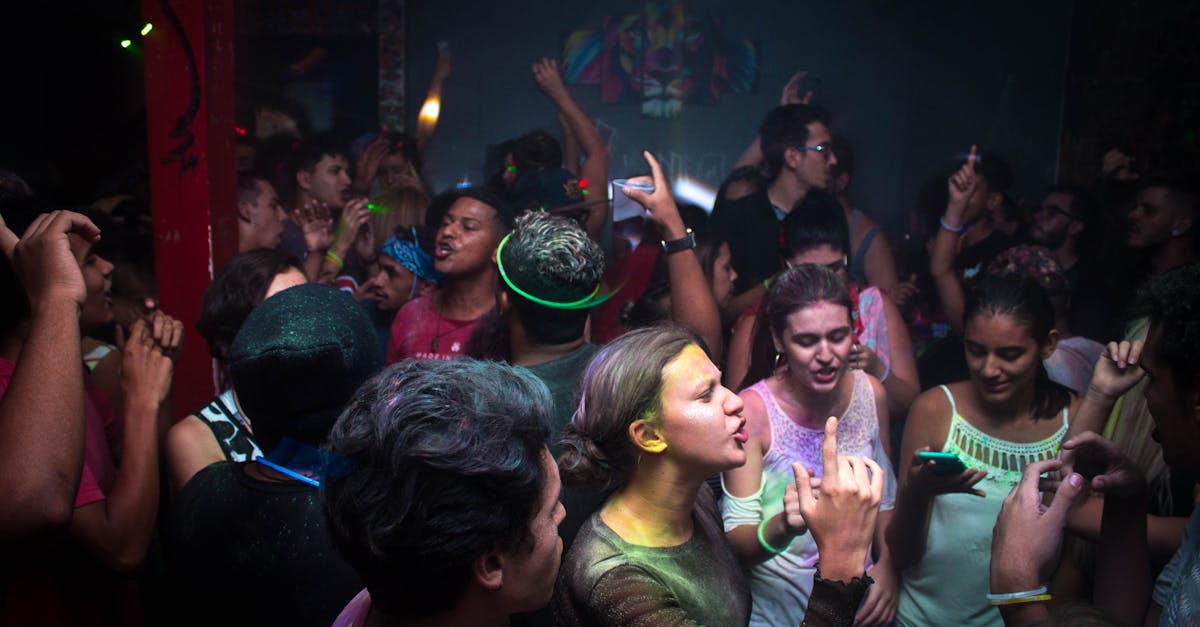
Table Of ContentsSupportive Counselling Services
Social Stigma and PerceptionImpact of Strip Clubs on the Hospitality Industry in Brisbane
Strip clubs have long been surrounded by social stigma and negative perception in society, with many individuals viewing them as establishments that promote objectification and exploitation of women. This negative attitude towards strip clubs often stems from outdated societal norms and conservative beliefs that shape people's perspectives on adult entertainment venues. As a result, strip clubs are frequently seen as symbols of moral decay and indecency, which can contribute to their poor reputation in the eyes of the public.Property Value and Real Estate Development Near Strip Clubs in Brisbane
Despite efforts to challenge these stereotypes and promote a more nuanced understanding of strip clubs, the social stigma attached to these establishments persists in many communities. This prevailing negative perception can result in strip clubs being viewed as unwelcome additions to neighbourhoods, leading to concerns about the impact they might have on the overall well-being and safety of the community. The clash between differing viewpoints on the role of strip clubs in society underscores the ongoing debate surrounding the presence of such establishments in cities like Brisbane.Economic Stimulus from Strip Club Patronage in Brisbane
Impact on Property Values and Local BusinessesFinancial Impact of Strip Clubs on Surrounding Businesses in Brisbane
potential hubs for exploitation and trafficking activities, casting a dark shadow on the proximity of such establishments to vulnerable communities. The presence of these clubs in certain areas of Brisbane increases the risk of individuals, especially women and minors, falling victim to exploitation and trafficking schemes. These illegal activities not only harm the direct victims but also have ripple effects on the wider community, perpetuating cycles of abuse and endangerment.
The exploitation and trafficking risks associated with strip clubs call for stringent measures to safeguard the well-being of all individuals in Brisbane. Law enforcement agencies, in collaboration with community organizations, need to work proactively to monitor and address any signs of exploitation or trafficking in the vicinity of these establishments. By raising awareness about the dangers and consequences of such criminal activities, steps can be taken to protect vulnerable populations and prevent the exploitation that thrives in the shadows of strip club operations.
nse Plans for Strip Club Incidents in Brisbane
Crime Rates and Incidents Associated with Brisbane Strip Clubs
Legal Regulations and Compliance of Strip Clubs in Brisbane